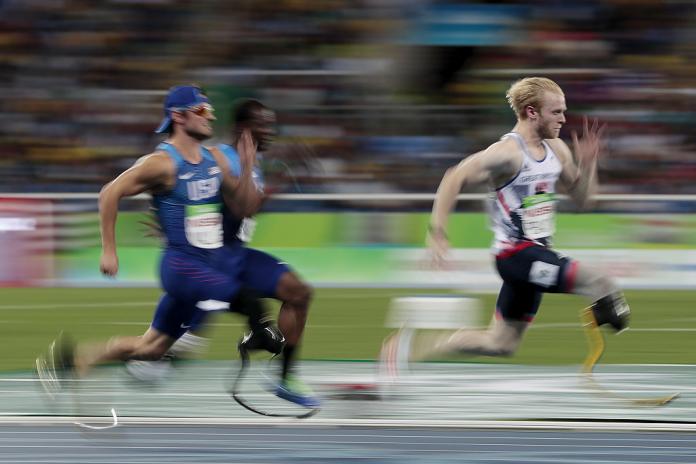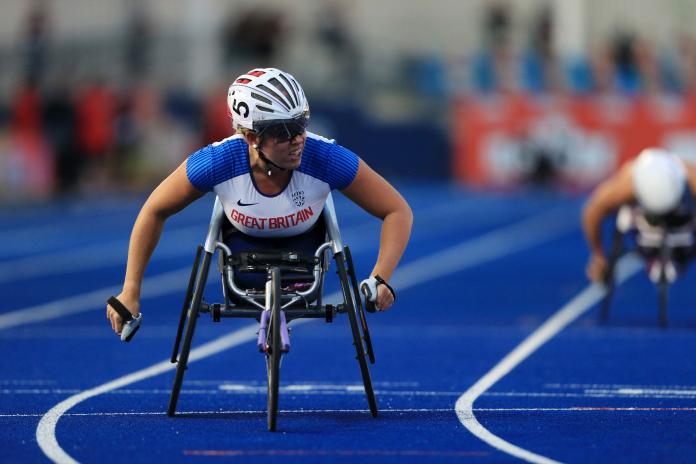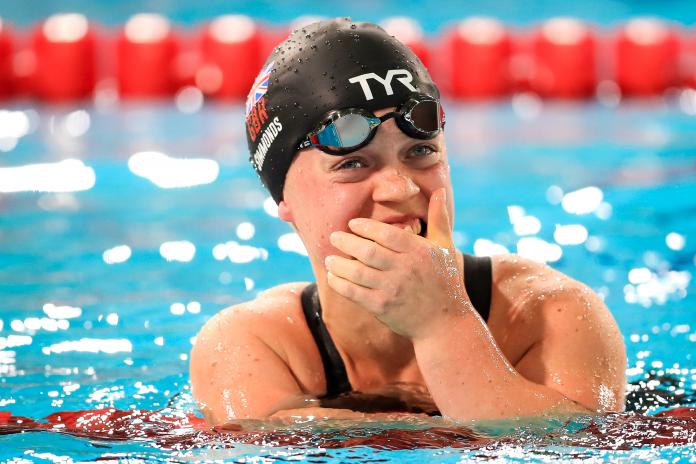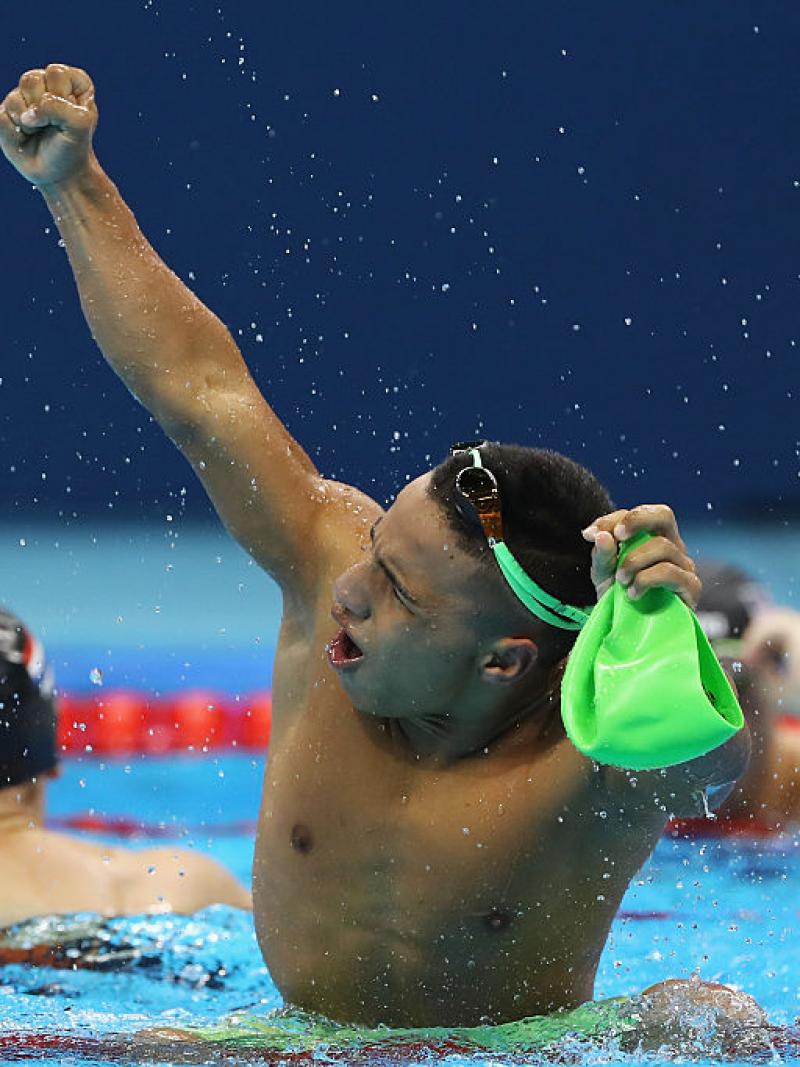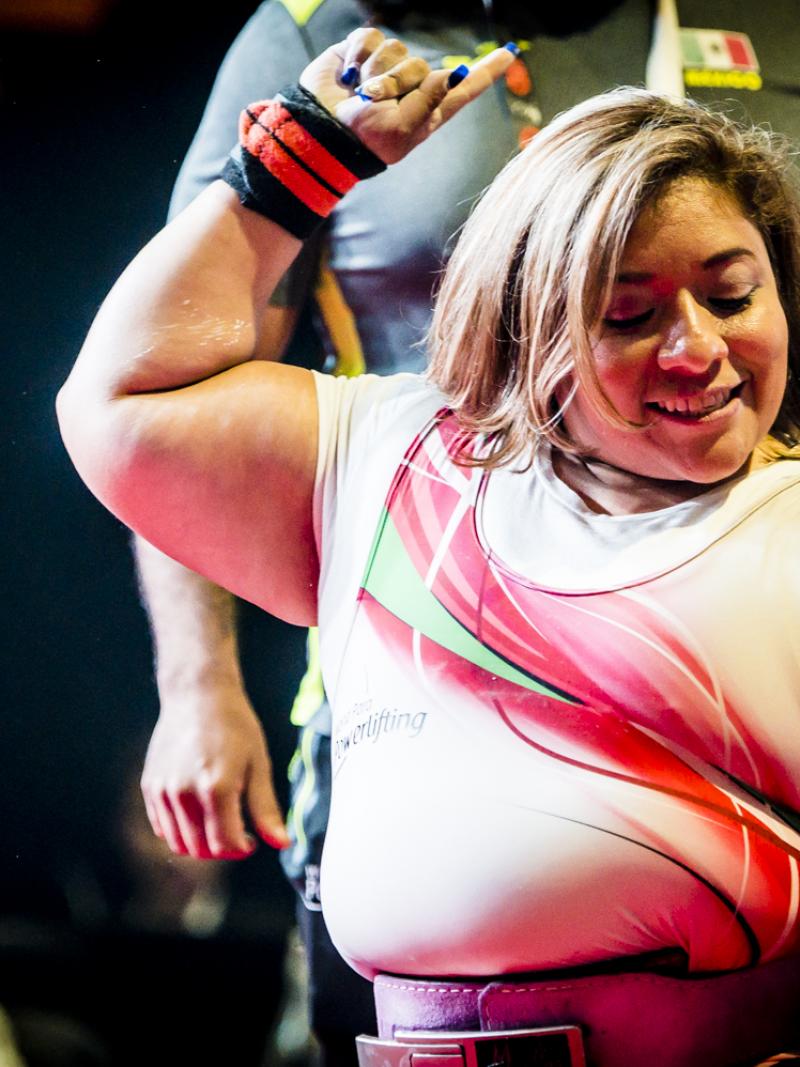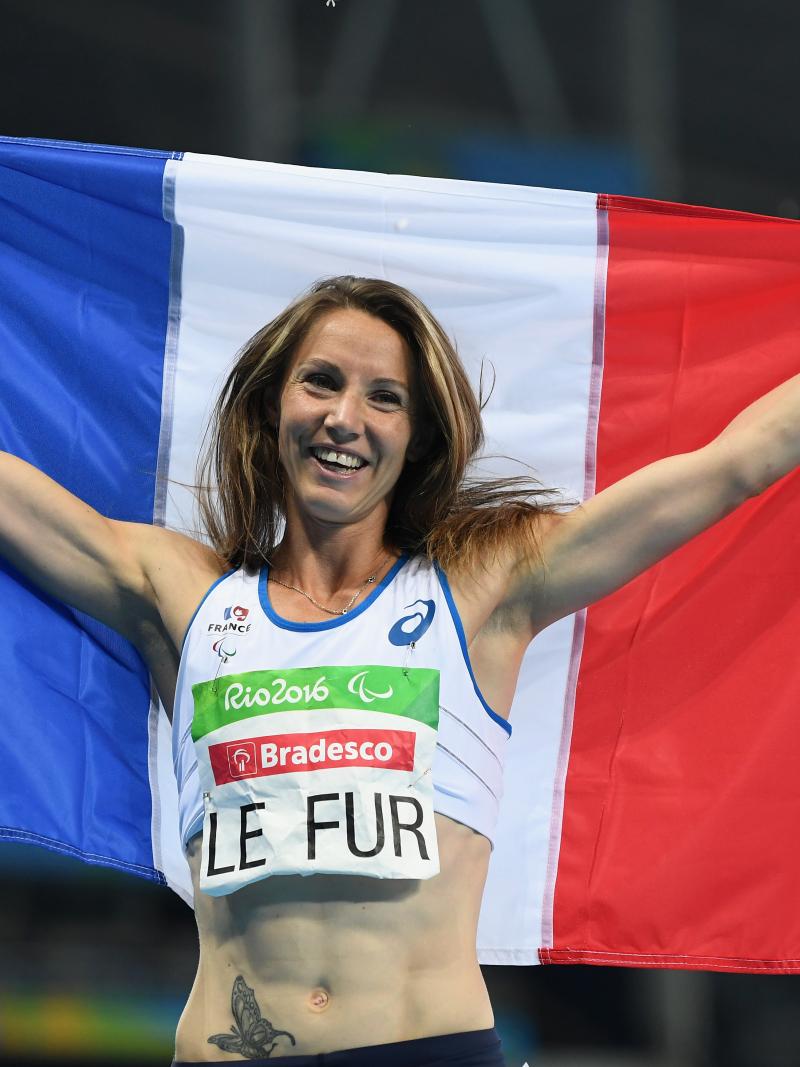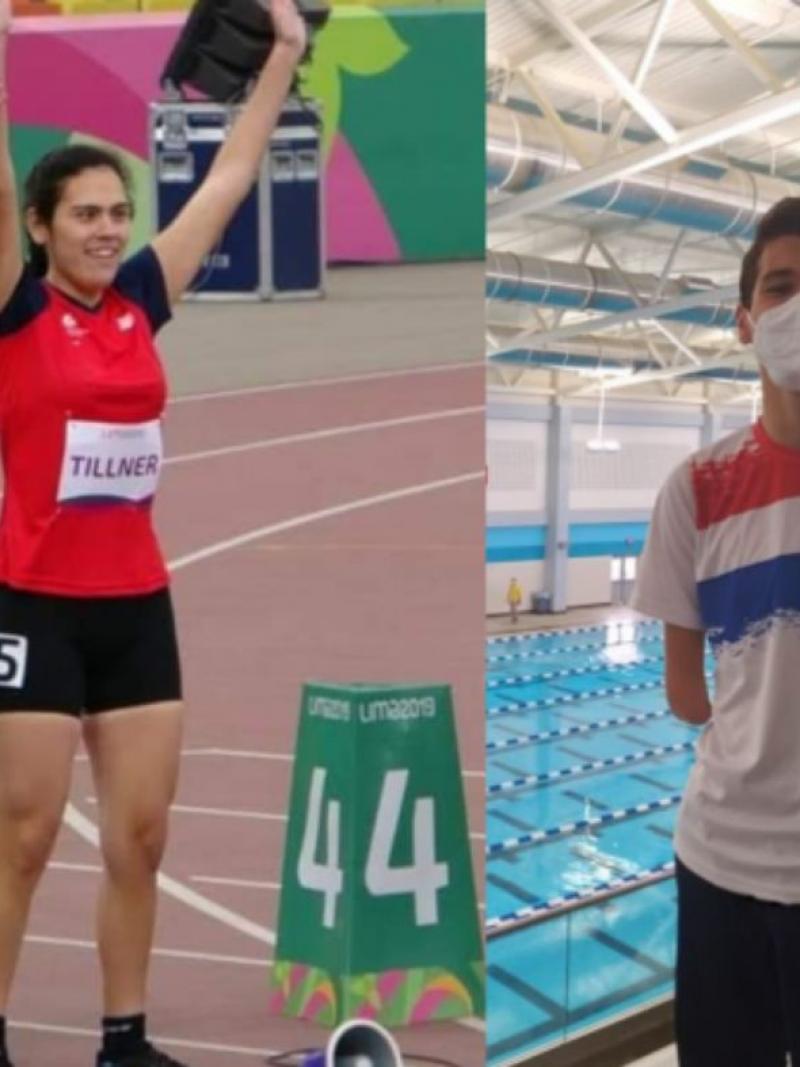Hopes high for another Great Britain medal haul at Tokyo 2020
Glory beckons on track, in the pool and at the velodrome but team chief declines to set target 22 Aug 2021
Great Britain has a special relationship with the Paralympic movement. Stoke Mandeville Hospital in Buckinghamshire is recognised as its spiritual home, with the Games set up there in 1948 by Dr Ludwig Guttmann evolving into the event we know today.
The second-best performing Paralympic nation of all time, behind the USA, Great Britain has participated in every Games since the inaugural event in 1960. Till date, it has clocked up 1,789 medals, 626 of them gold, consistently finishing between second and fifth in the medals table.
At Rio 2016, ParalympicsGB were second, with 147 medals, including 64 gold, an improvement on their home Games in London four years earlier, when they were third. Among those who triumphed were cyclists Sarah Storey and Jody Cundy, athletes Jonnie Peacock and Hannah Cockroft, and swimmers Ellie Robinson and Ellie Simmonds. They will all compete at Tokyo 2020.
Although traditionally strong in equestrian, archery, canoe and rowing, it is in that triumvirate of high-profile Paralympics sports – swimming, athletics, and cycling – where they will again be expected to succeed.
Storey, already the most decorated female British Paralympian of all time, can become the most successful overall at Tokyo. The 43-year old defends the C5 individual pursuit, C5 time trial and C4-5 road race events as she aims to surpass swimmer Mike Kenny, who won a total of 16 gold medals.
“I’m hugely proud to have contributed to such a significant era in Paralympic sport and am incredibly excited to attempt to defend the three gold medals I won in Rio,” she said.
As well as Cundy, Britain’s cycling squad also includes three other champions in Kadeena Cox, Steve Bate and Lora Fachie.
On the track, Peacock will defend the 100m T44 title that has been his since London 2012. He will face stiff competition from Brazil’s Alan Oliveira, USA’s Richard Browne and Germany’s Johannes Floors. “All I can do is make sure I prepare myself in the best way and hope I execute a good clean race and deliver a good performance,” Peacock said.
Cockroft, meanwhile, defends three Rio titles: the 100m, 400m and 800m T34. “Ultimately, if you’re not going for gold, why are you going?” she said. “Everyone’s got to want to win right? I definitely would like two more.”
In the pool, 19-year-old Robinson is a trailblazer in Britain. Famed for her poolside swagger, in 2017 she was crowned BBC Young Sports Personality of the Year after claiming gold at Rio 2016 aged 15. She has some way to go to catch Simmonds, however.
The S6 swimmer has five Paralympic gold, two each from Beijing and London, and one from Rio. “I’ll just go and race my heart out,” Simmonds said on the opportunity to further cement her sporting legacy.
Others to watch include sprinter Thomas Young, judoka Elliot Stewart, table tennis player Megan Shackleton and archer Nathan MacQueen. However, while ParalympicsGB appear well placed to claim second-place slot in the medal table, they are refusing to make predictions.
“We haven’t put a medal target on it – and we won’t,” Chef de Mission Mark England said. “The past 12 months has given an opportunity for young athletes to be stronger and put themselves in contention. But it has been very obvious that any competition data in terms of where we stand against our main competitors across the world really isn’t there.”
Despite this, the team look well set for success.
 Facebook
Facebook
 Instagram
Instagram
 Twitter
Twitter
 Youtube
Youtube

